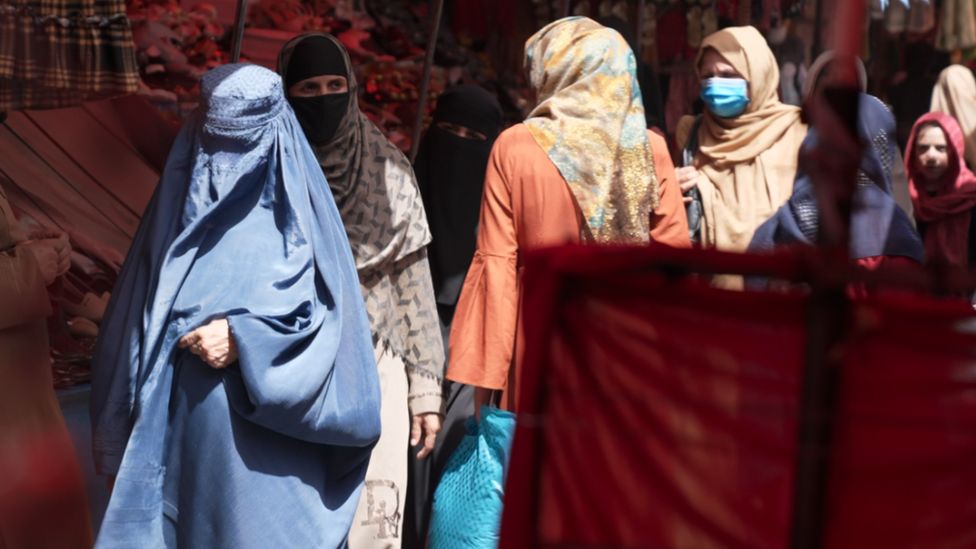Fouzieh is a single mother of a five-year-old son. Her husband left the family after the Taliban took power again in Afghanistan in August, 2021. He was afraid of retaliation.
“I was a police officer and worked for the national security forces,” Fouzieh told DW. “We lived in Kabul when the Taliban came. My husband abandoned us. I had to go into hiding with my son. We have been on the run for over a year, moving every couple of months and staying with our relatives.”
Since the Taliban takeover, many former police officers and soldiers have gone missing or faced execution, as they are seen as traitors.
Fouzieh is now working as a cleaner in order to survive. It’s the best job she can find. Her relatives are her only support system, but they cannot do much to help either. Afghanistan’s economy is in ruins.
Taliban keep women away from jobs, schools
At least 90% of Afghanistan’s population lives in poverty, according to the International Rescue Committee.
More than half — 28.8 million inhabitants out of 40 million — rely on humanitarian aid for survival. Some 95% of Afghans are not getting enough to eat, with that number rising to almost 100% in female-headed households, according to UN figures.
In the wake of their takeover, the Taliban had promised to respect women’s rights within the limits of Sharia — the strict Islamic code adhered to by the group.
In practice, however, they introduced a slew of new laws and political measures to deny the rights of women and girls across the country — women were prohibited from working, gaining an education, and even leaving their homes without wearing a head-to-toe burka known as a chadori or being chaperoned by a male relative
UN data indicates some 1.5 million girls and young women have been systematically denied their right to education.

